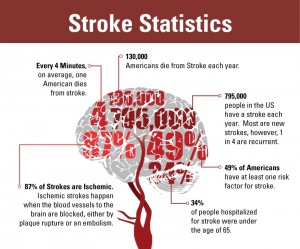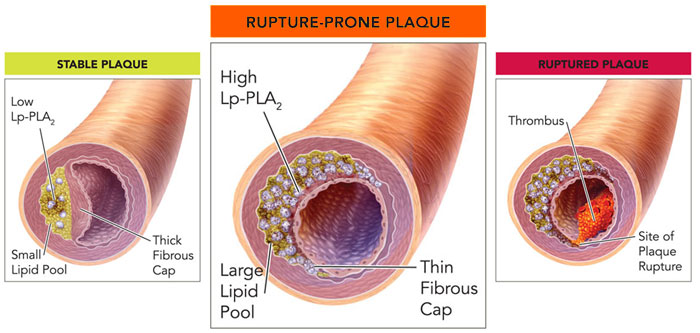19
Case #360: Basic lipid panel underestimates LDL, misclassifies risk
 Fifty-eight year old “Zachary” was referred to our office in early 2012 to establish care and undergo a physical. He reported having occasional heartburn for years and recently had a basic lipid panel (BLP) through his work.
Fifty-eight year old “Zachary” was referred to our office in early 2012 to establish care and undergo a physical. He reported having occasional heartburn for years and recently had a basic lipid panel (BLP) through his work.
The patient’s initial checkup showed:
- Height = 72 inches
- Weight = 225 pounds
- Waist = < 40
- BMI = 30
- BP = 125/75
- HR = 73
The patient’s BLP and labs showed:
- LDLc = 89
- TC = 146
- TG = 120
- HDLc = 33
- Glucose = 92
Zachary has a strong family history of heart disease, reporting that multiple men on his father’s side have had heart attacks (including his father). Zachary is a non-smoker and non-drinker who exercises regularly.



 I recently saw “Leah,” a 67-year-old female. She had a history of hypertension, dyslipidemia and impaired fasting glucose. Her blood pressure and cholesterol issues were fairly well-controlled on ramipril 10 mg and simvastatin 20 mg.
I recently saw “Leah,” a 67-year-old female. She had a history of hypertension, dyslipidemia and impaired fasting glucose. Her blood pressure and cholesterol issues were fairly well-controlled on ramipril 10 mg and simvastatin 20 mg.


